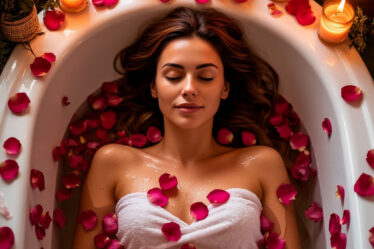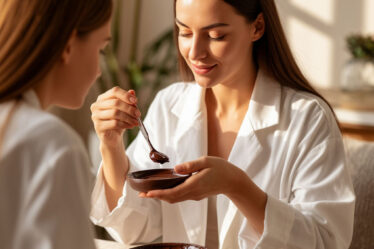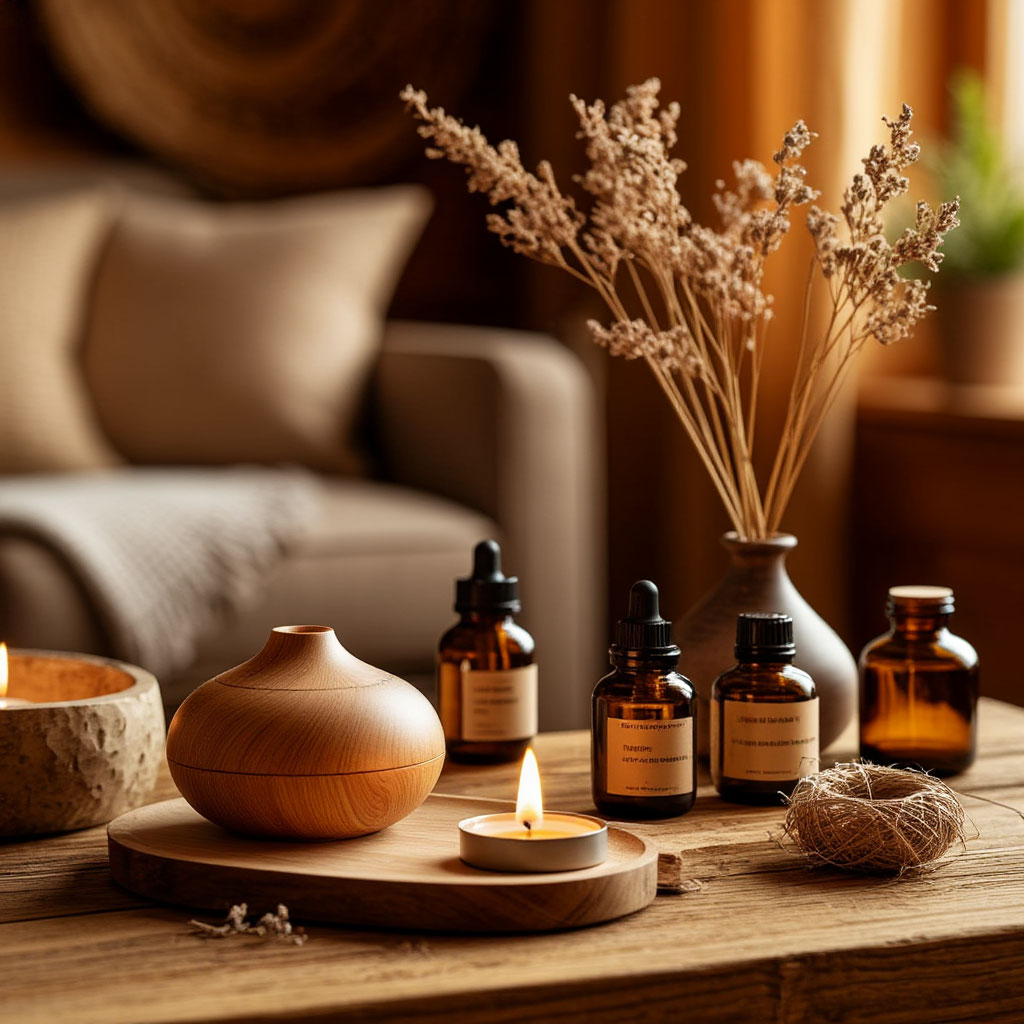
Imagine turning on a soft light after a long day, filling the room with the warm scent of lavender, and sinking into a cozy calm. Aromatherapy is a simple and pleasant way to create an atmosphere of harmony at home, recharge your energy or, conversely, relax. But for the magic to work, it is important to choose the right oil for aromatherapy — natural, high-quality and suitable for you. Some smells are invigorating, others are soothing, and still others help to cope with a cold.
Choosing essential oils at home can be simple and safe. We’ve prepared a Beauty Club mini-brochure covering quality checks, safe dilutions, scent families, and ready-to-use recipes. You’ll find a printable PDF at the end of this article.
What is aromatherapy?
Aromatherapy is an ancient practice that turns an ordinary evening into a spa, and the morning into a brisk start. It does not require any complicated devices: just a few drops of aromatherapy oil are enough to reload the atmosphere, lift the mood or help the body recover after a busy day.
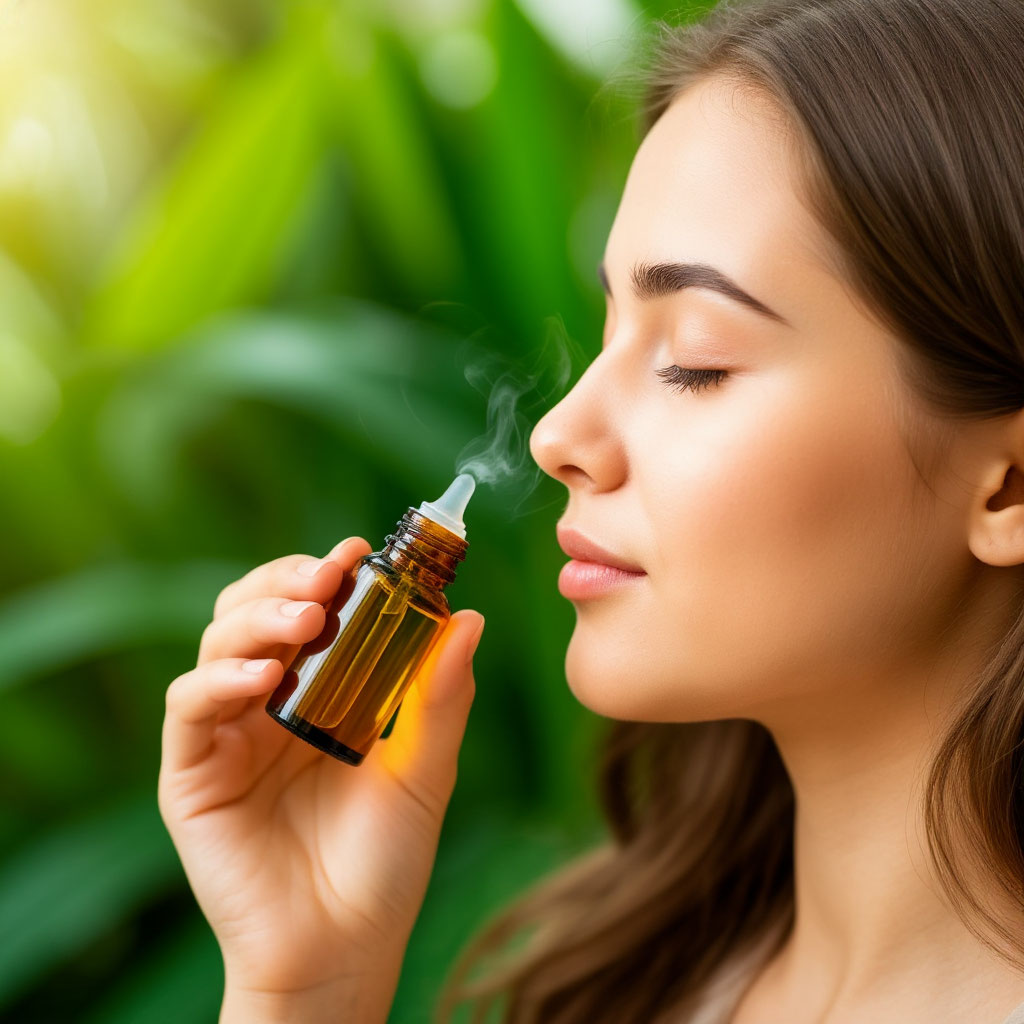
The science of odors
Smells affect the brain faster than conscious thoughts. When a person inhales the aroma of essential oils, the molecules instantly transmit signals through olfactory receptors to the limbic system — the part of the brain that is responsible for emotions, memory, and basic reactions. This explains why one fragrance can cheer you up and another can lull you to sleep.
From temple incense to home diffusers
The history of aromatherapy goes back thousands of years. The Egyptians used natural oils in embalming rituals and healing practices. In ancient Greece, Hippocrates recommended inhaling scents to promote health. And in Eastern medicine, they still believe that the right smells harmonize the energy of space. Today, aromatherapy at home has become more accessible — you don’t need complex rituals, only high-quality extracts and an understanding of their properties.
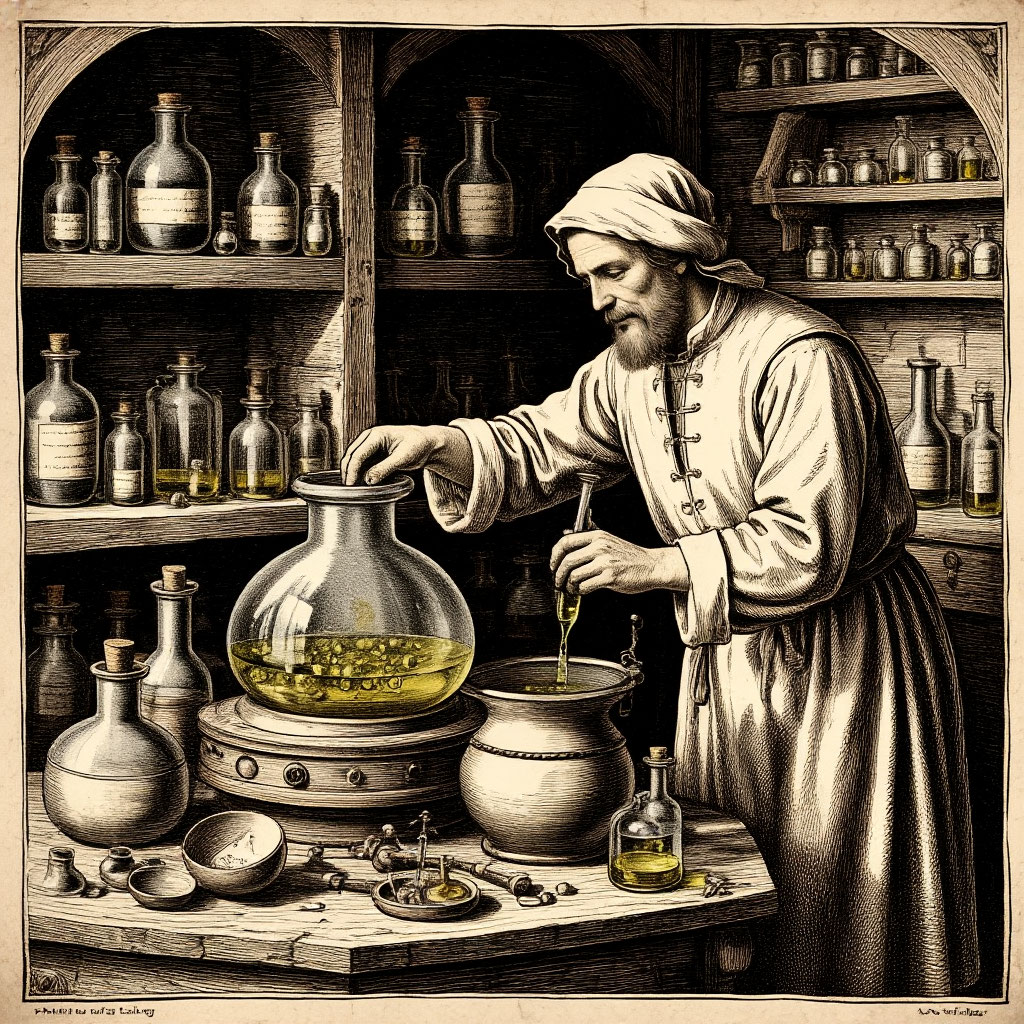
Why does this work?
The benefits of oils are confirmed not only by traditions, but also by modern research. For example:
- Lavender aromatherapy oil reduces cortisol levels, helping fight stress.
- Citrus aromas increase concentration and efficiency.
- Coniferous extracts purify the air and strengthen the respiratory system.
More than perfume
The main difference from perfume or air fresheners is a complex effect. Conventional flavorings simply mask odors, while essential oils interact with the body on a physiological level. Rosemary improves blood circulation, eucalyptus facilitates breathing, and ylang-ylang stabilizes the emotional background.
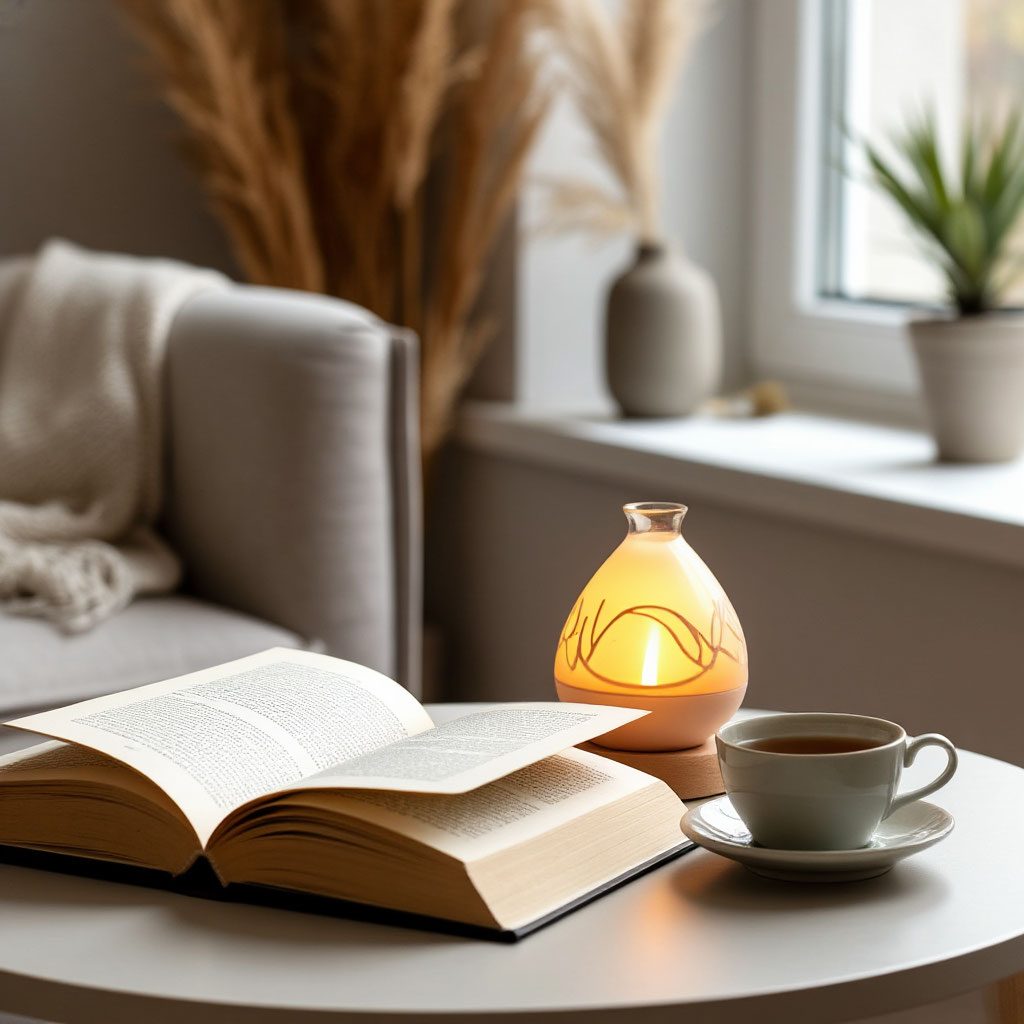
Personal atmosphere
The beauty of aromatherapy at home is the ability to create the right atmosphere for specific tasks:
- Morning coffee with grapefruit flavor is energizing.
- Evening bath with lavender prepares for bed.
- A mint or rosemary-infused workspace boosts productivity.
When choosing natural oils, it is important to take into account not only the desired effect, but also personal preferences — therapy should be fun.
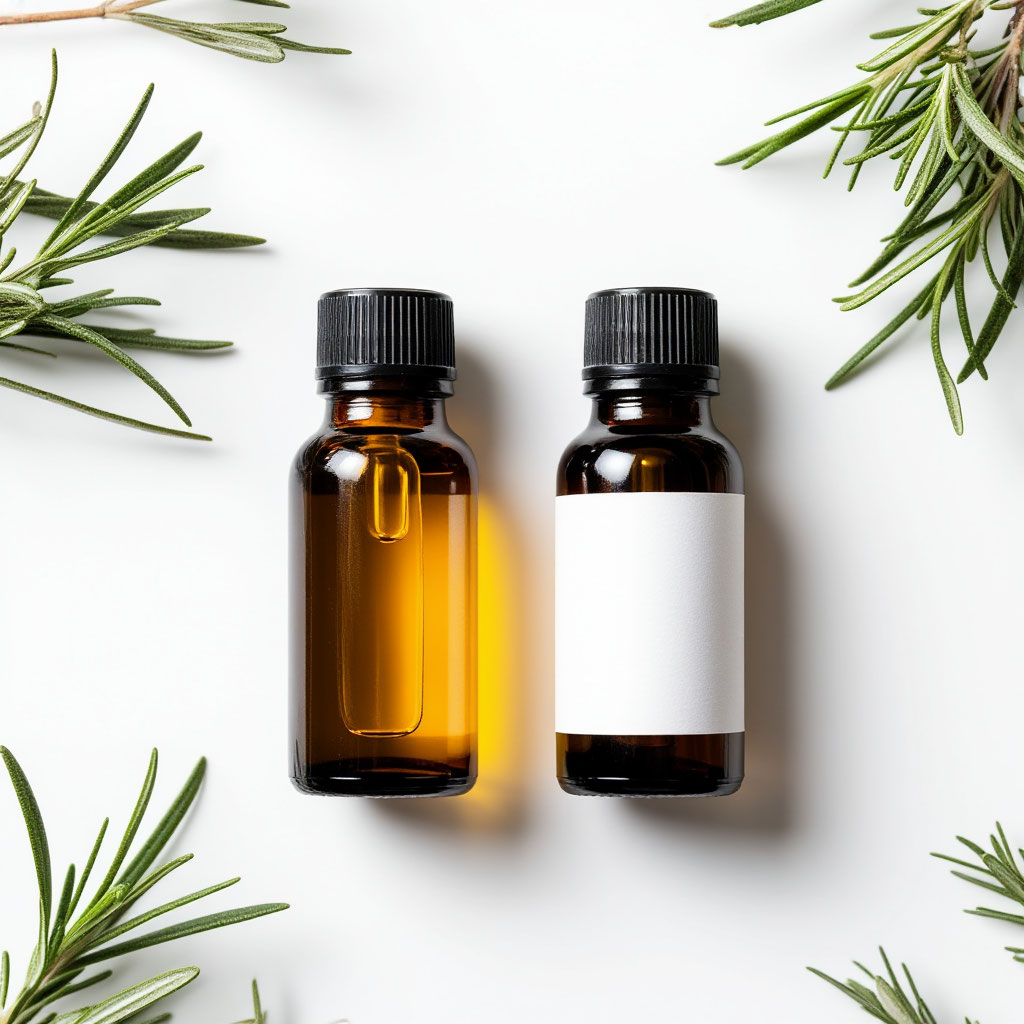
The difference between essential and vegetable oils
In the world of aromatherapy, there are two main types of oils, and understanding their differences helps you create truly effective compositions. Aromatherapy oil can be either essential or herbal — and each type has unique properties.
Essential Oils: a concentrated force of nature
Essential oils are volatile aromatic compounds derived from the flowers, leaves, roots, or fruits of plants. They are extracted by distillation or cold pressing, preserving all the benefits of the raw material. Just a few drops of this aromatherapy oil can completely transform the atmosphere in the room.
These concentrated extracts are never used in their pure form. For safe use, they are diluted with base oils or water. They fit perfectly:
- for aroma lamps;
- home-made cosmetics;
- therapeutic massage mixtures.
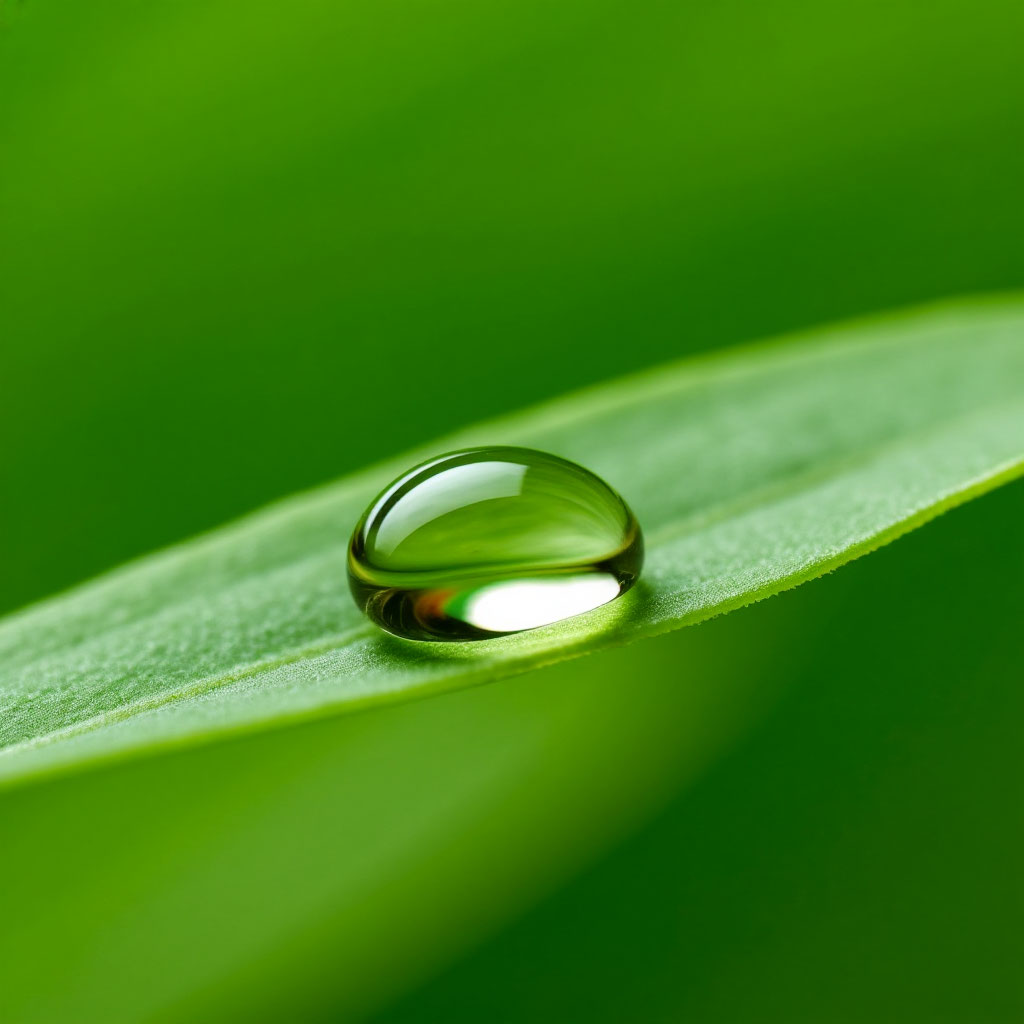
Vegetable oils: a gentle foundation for care
Unlike their volatile counterparts, vegetable oils are produced by pressing seeds or nuts. They do not evaporate at room temperature and have a soft texture. In aromatherapy at home, these fatty extracts act as a transport base, helping the active components of esters to gently affect the body.
Among the most popular base oils are:
- almond milk,
- jojoba oil,
- grape seed extract,
- coconut oil.
Each of them has its own useful properties and can be used as an independent care product.
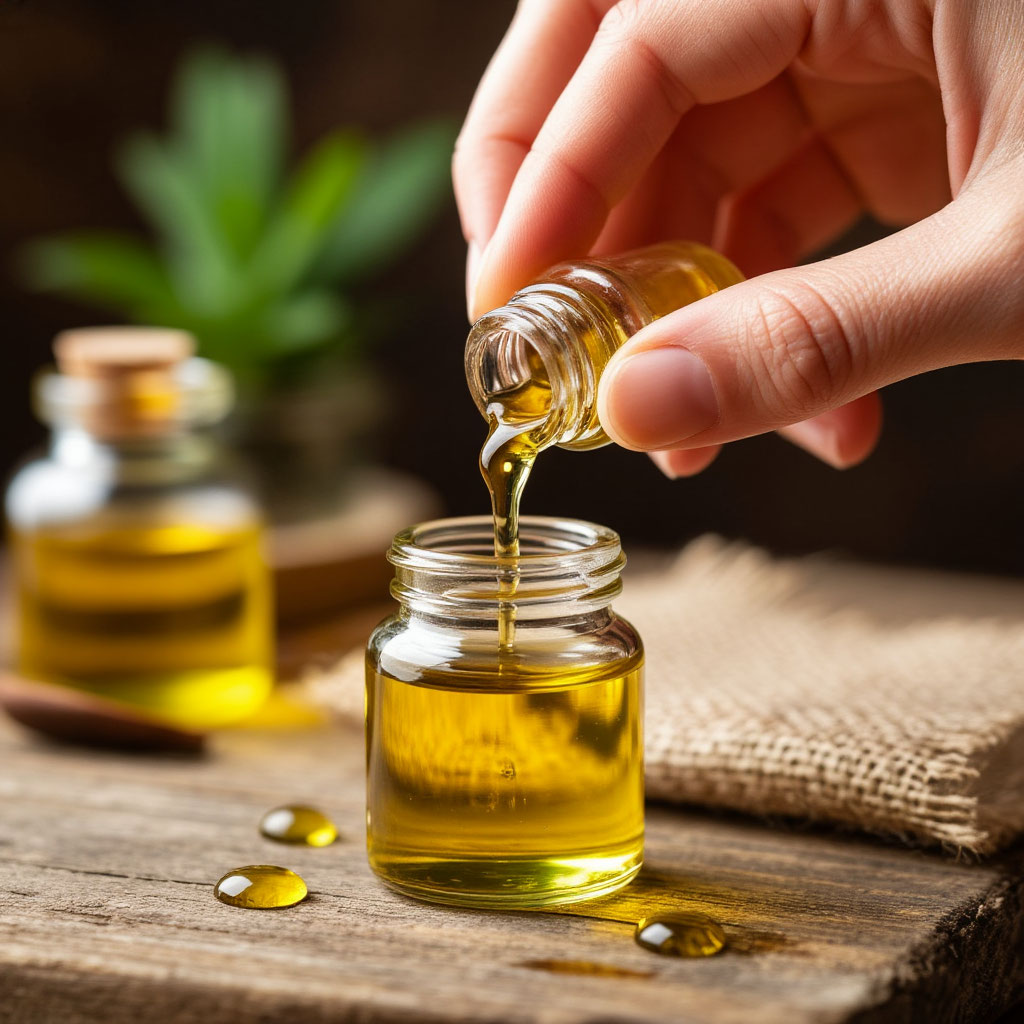
A harmonious combination of two types
The real benefits of oils are revealed when they are combined correctly. Essential components provide a therapeutic effect, and the plant base helps them gently affect the skin. For example, a blend of lavender ether and avocado oil soothes irritated skin, and a combination of rosemary and almond oil stimulates hair growth.
How to choose a quality product
When going for natural oils, you should pay attention to several important details. Real essential oils are always bottled in dark glass bottles-this protects them from the damaging effects of light. The aroma of a high-quality product is complex and multi-layered, and too low a price should alert – the production of real essential oils requires significant costs.
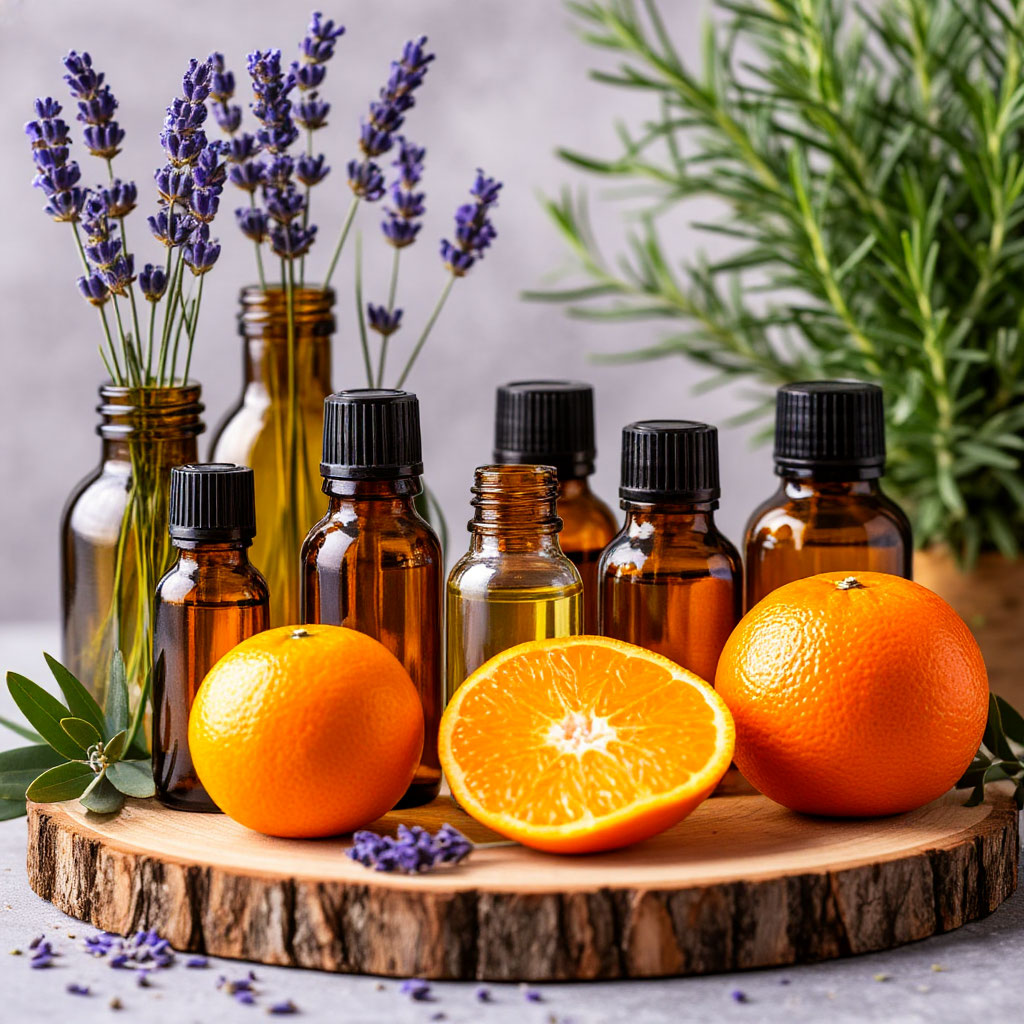
Popular oils and their properties
Aromatherapy offers hundreds of options for creating the perfect atmosphere, but some aromatherapy oils have earned a special love for their versatile properties. Each fragrance has a unique character and is able to solve specific tasks-from relaxation to increasing concentration.
Soothing compositions
Lavender essential oil is the king of relaxation. Its soft floral fragrance:
- reduces anxiety;
- normalizes sleep;
- helps to restore mental balance.
Chamomile has a similar effect, but works even more delicately, which makes it an ideal choice for children’s aromatherapy at home. Ylang-ylang with its exotic notes not only calms the nerves, but is also considered a natural aphrodisiac.
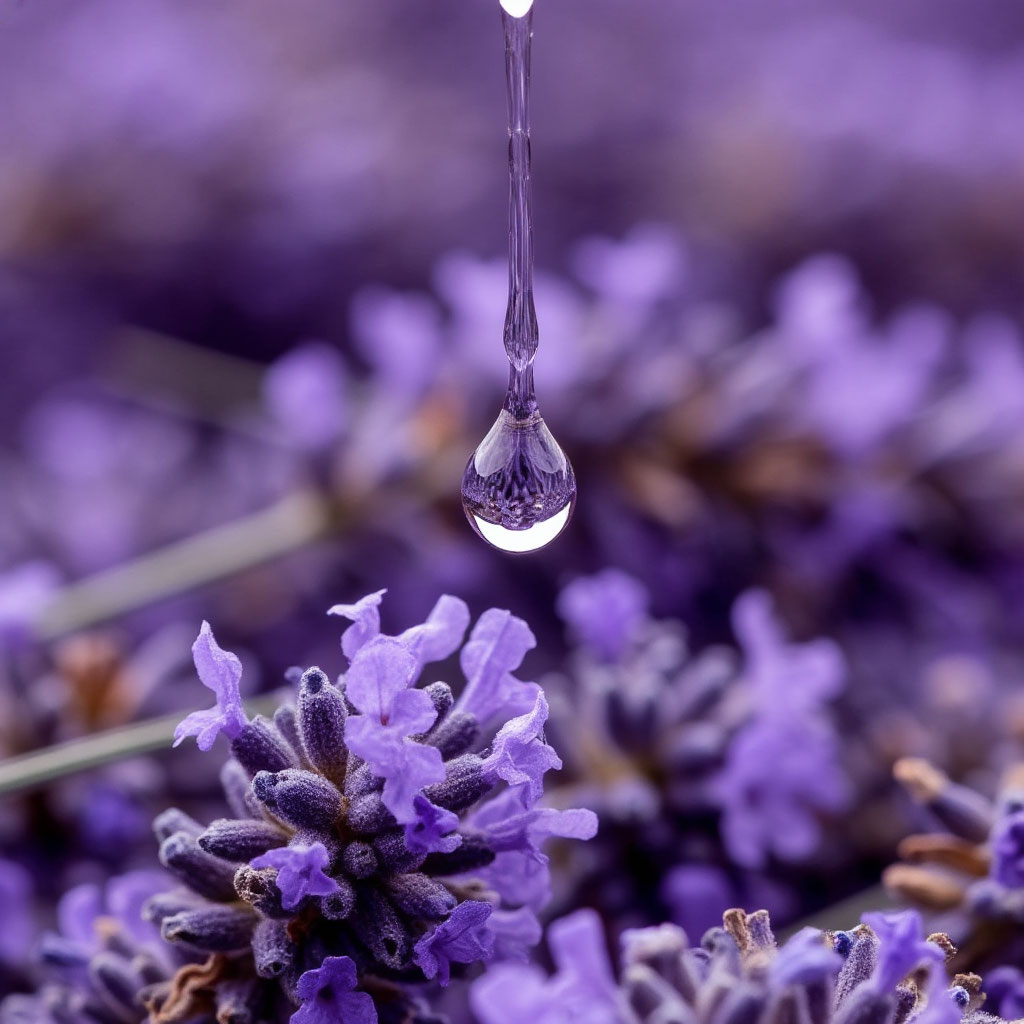
Energy and vigor
Citrus aromas are a real positive charge. Natural orange oil awakens optimism, lemon improves concentration, and grapefruit gives a feeling of freshness. Peppermint refreshes the mind, helping you focus on important tasks. Rosemary stimulates mental activity – its tart aroma is often used during work or study.
Protection and purification
Tea tree has a special place among essential oils due to its powerful antiseptic properties. It is being used:
- for air disinfection;
- care for problem skin;
- strengthening the immune system.
Eucalyptus with its cool camphor aroma makes breathing easier and creates a natural inhalation effect. Incense, known since ancient times, not only cleanses the space, but also promotes deep meditation.
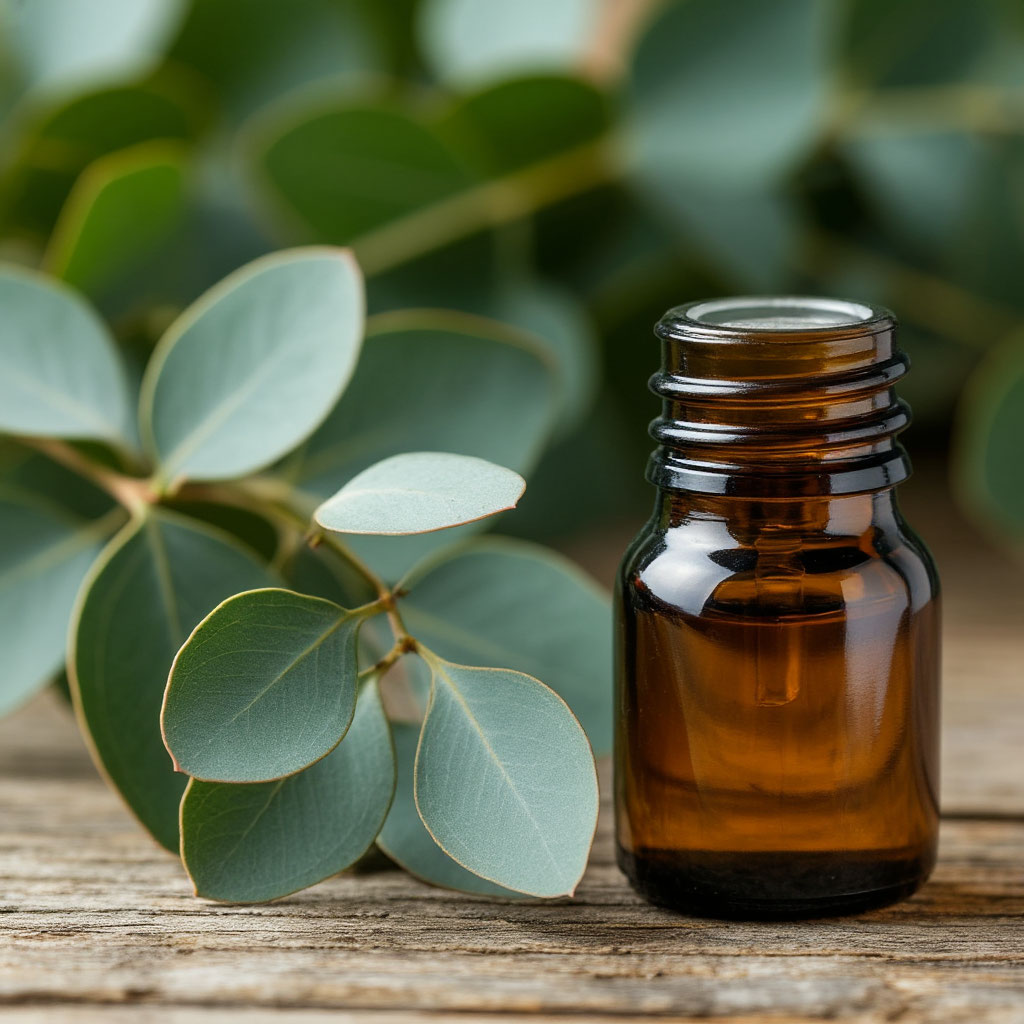
Seasonal solutions
In winter, coniferous aromas are especially appreciated. Fir oil for aromatherapy creates a cozy atmosphere, while strengthening the body’s defenses. Cinnamon, with its warm, spicy notes, warms and lifts the mood on cold days. In the summer, geranium helps to tolerate the heat more easily, and melissa saves you from overheating and nervous tension.
Individual fragrance selection
When choosing natural oils, you should focus not only on their properties, but also on personal preferences. Some people like floral arrangements, others appreciate woody or spicy notes. It is important to remember that the reaction to aromas is individual – what invigorates one person can irritate another.
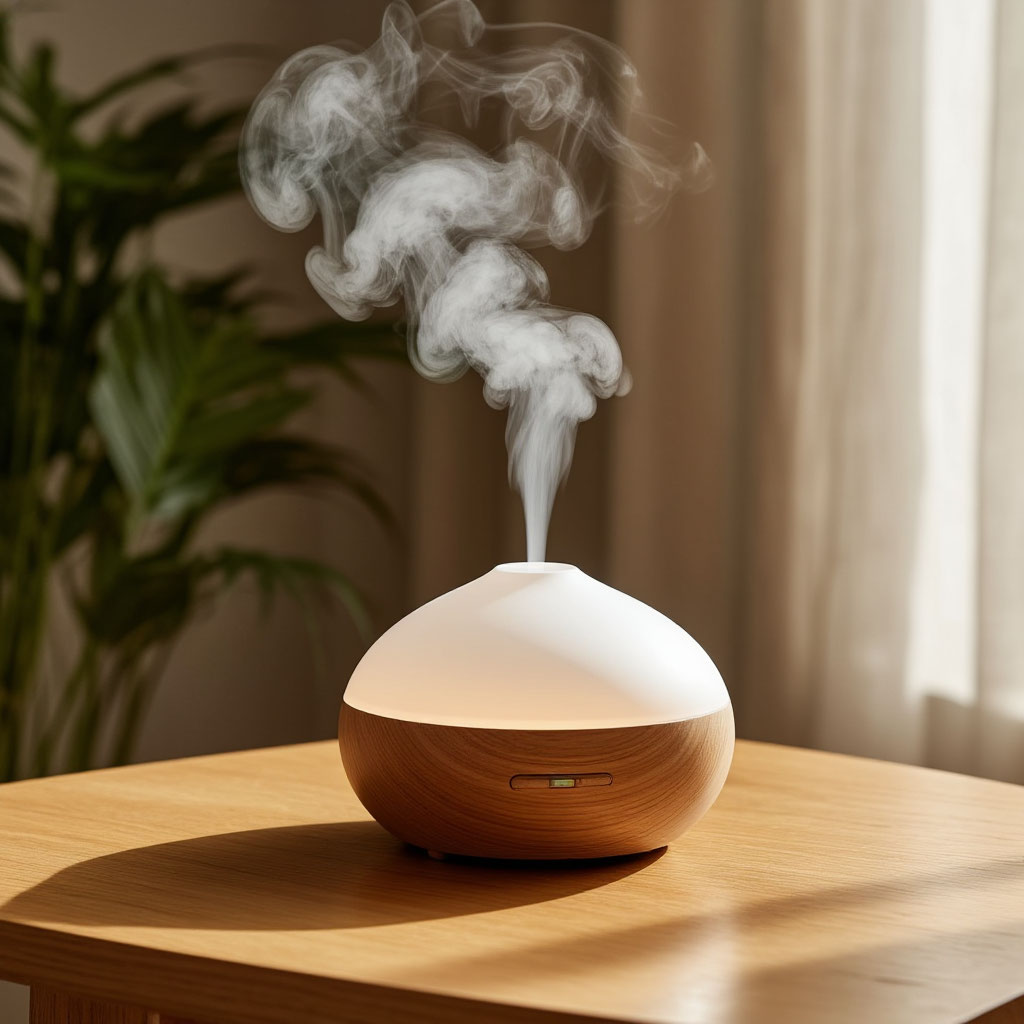
How to use butter at home
Turning an ordinary living space into an oasis of fragrance is easier than it sounds. Aromatherapy oil opens up limitless possibilities for creating a special atmosphere, it is only necessary to choose the appropriate method of application. The variety of methods allows everyone to find the perfect option for everyday use.
Aroma diffusers and lamps
The most popular way to enjoy essential oils is to use an aroma lamp or a modern ultrasonic diffuser. A few drops of your favorite fragrance mixed with water fill the room with a gentle cloud of fragrance. This method is ideal for creating a mood while relaxing or receiving guests. For aromatherapy at home, it is better to choose models with adjustable spray intensity.
Medicinal inhalations
At the first sign of a cold or to clear the respiratory tract, steam inhalations with natural oils help. In a bowl of hot water, add 2-3 drops of eucalyptus or tea tree, cover with a towel and inhale the healing steam. This time-tested method greatly facilitates breathing and strengthens the immune system.
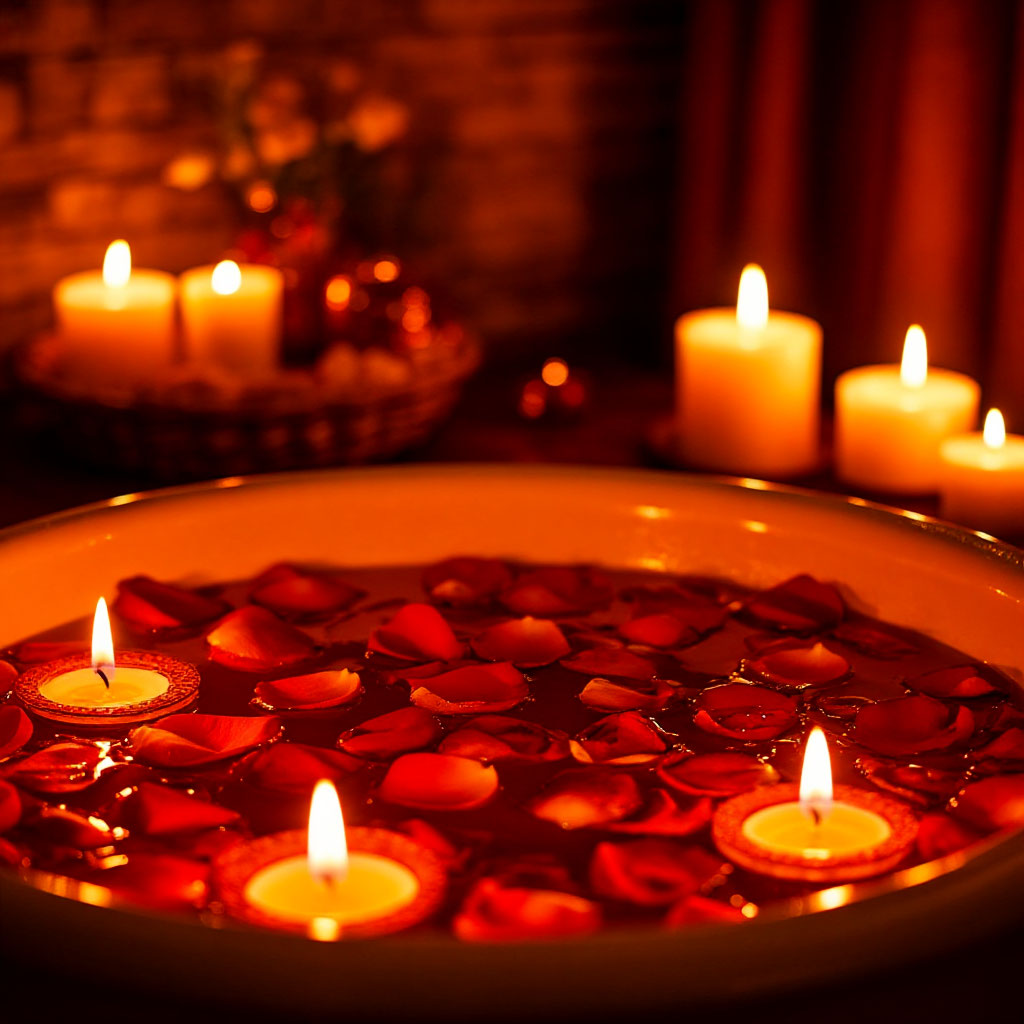
Relaxing baths
An evening bath with the addition of aromatherapy oil turns into a real spa ritual. To ensure that the aromatic molecules are evenly distributed in the water, they are pre-mixed with sea salt or base oil. Lavender helps to relieve tension after a hard day, and citrus compositions give a charge of cheerfulness in the morning.
Personal flavors
Creating custom perfumes based on essential oils is a fascinating creative process. By mixing different notes, you can get a unique composition that will emphasize the character and mood. For everyday use, a few drops of your favorite fragrance are added to a neutral cream or base oil.
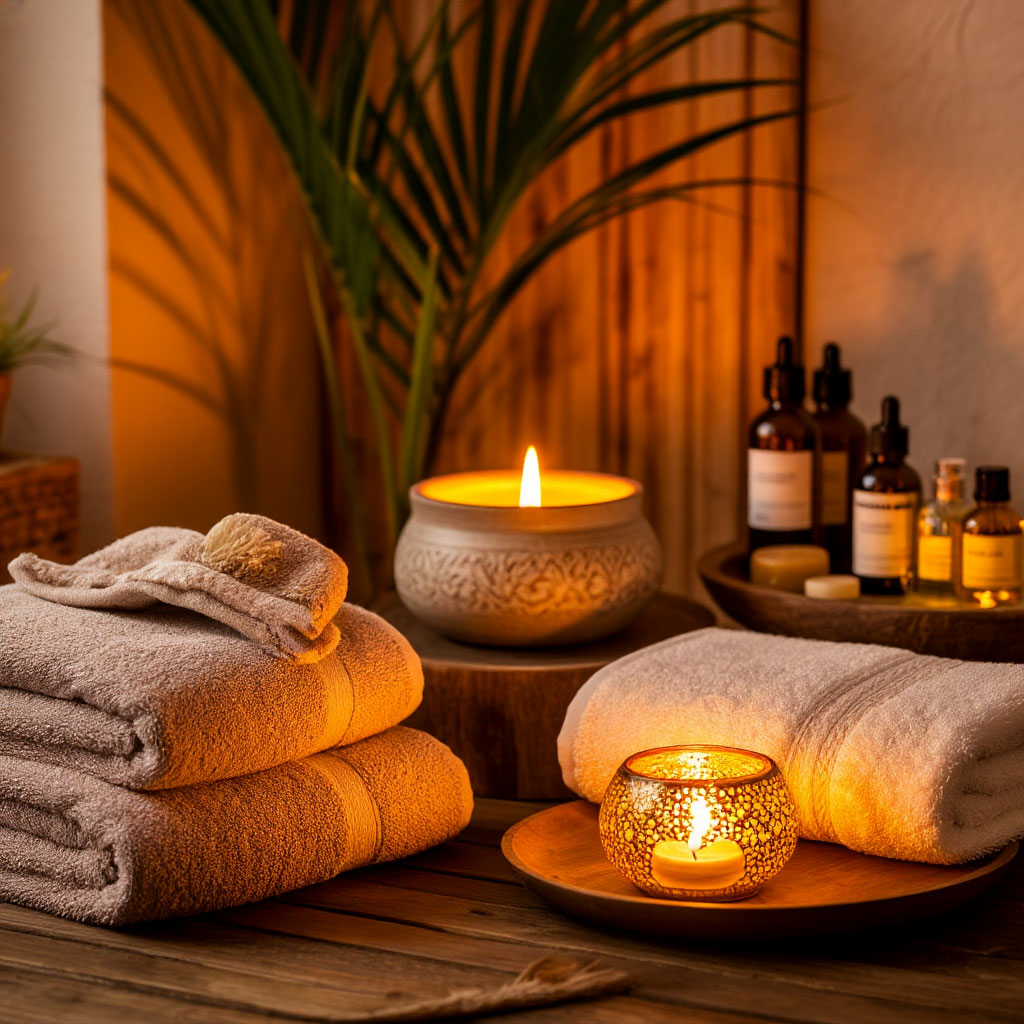
Massage with aromas
The combination of touch and the benefits of oils gives an amazing therapeutic effect. The massage mixture is prepared by adding 5-7 drops of ether to a tablespoon of base oil. With gentle movements, the composition is distributed over the skin, while inhaling healing vapors. This method is good for relieving muscle tension and improving blood circulation.
Safety and contraindications
Aromatherapy is not only pleasant aromas, but also a powerful tool for influencing the body. When using aromatherapy oil, it is important to take precautions so that enjoyment does not become a problem. The most useful essential oils require a competent approach and understanding of possible limitations.
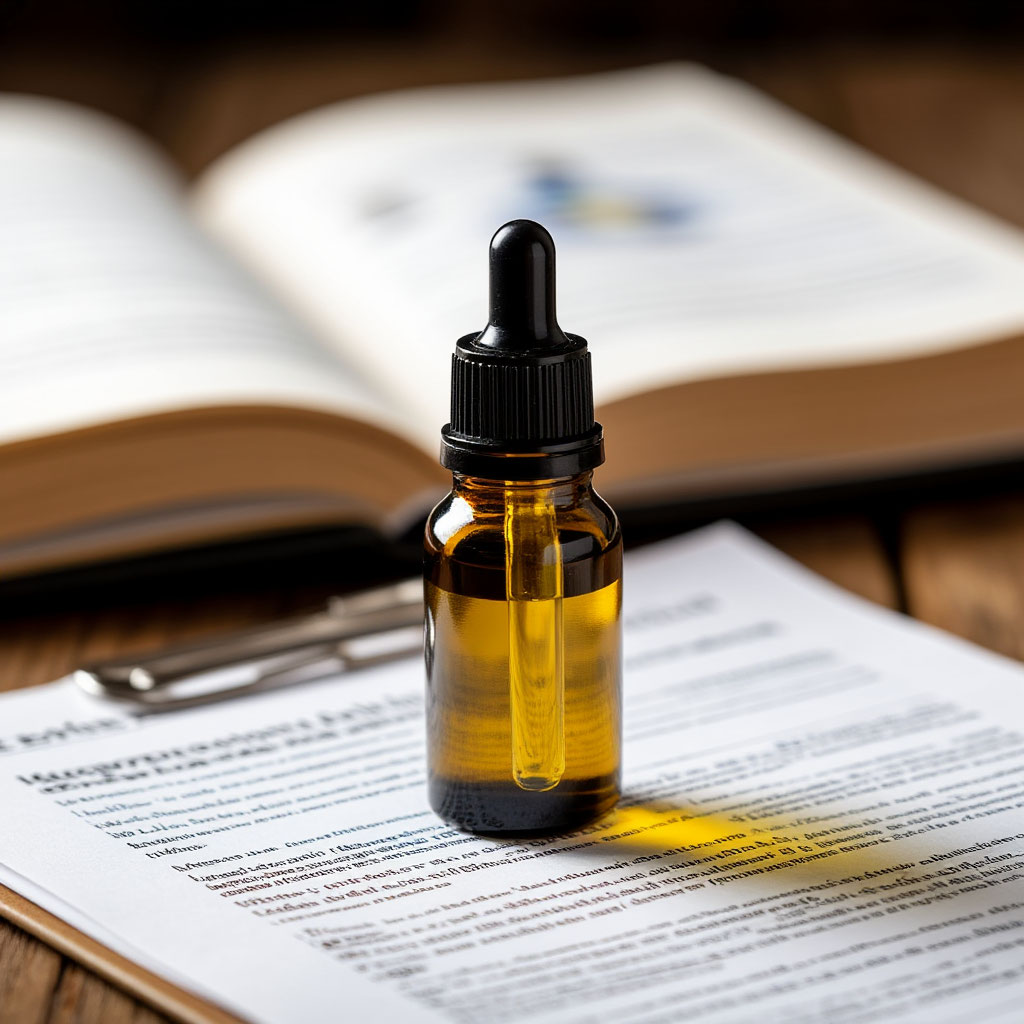
Rules for dilution of concentrates
Pure essential oils are highly active and can cause irritation. Before applying to the skin, they must be mixed with the base oil – the optimal concentration is 1-2% of the total volume. For aromatherapy at home, 3-5 drops per 15 square meters of the room are enough. Exceeding the dosage leads to headaches and allergic reactions.
Individual portability testing
Before applying a new aromatherapy oil for the first time, a simple test is performed. A drop of the diluted composition is applied to the inner bend of the elbow and the reaction is observed for 12 hours. Redness, itching, or burning sensation signals the need to give up this fragrance.
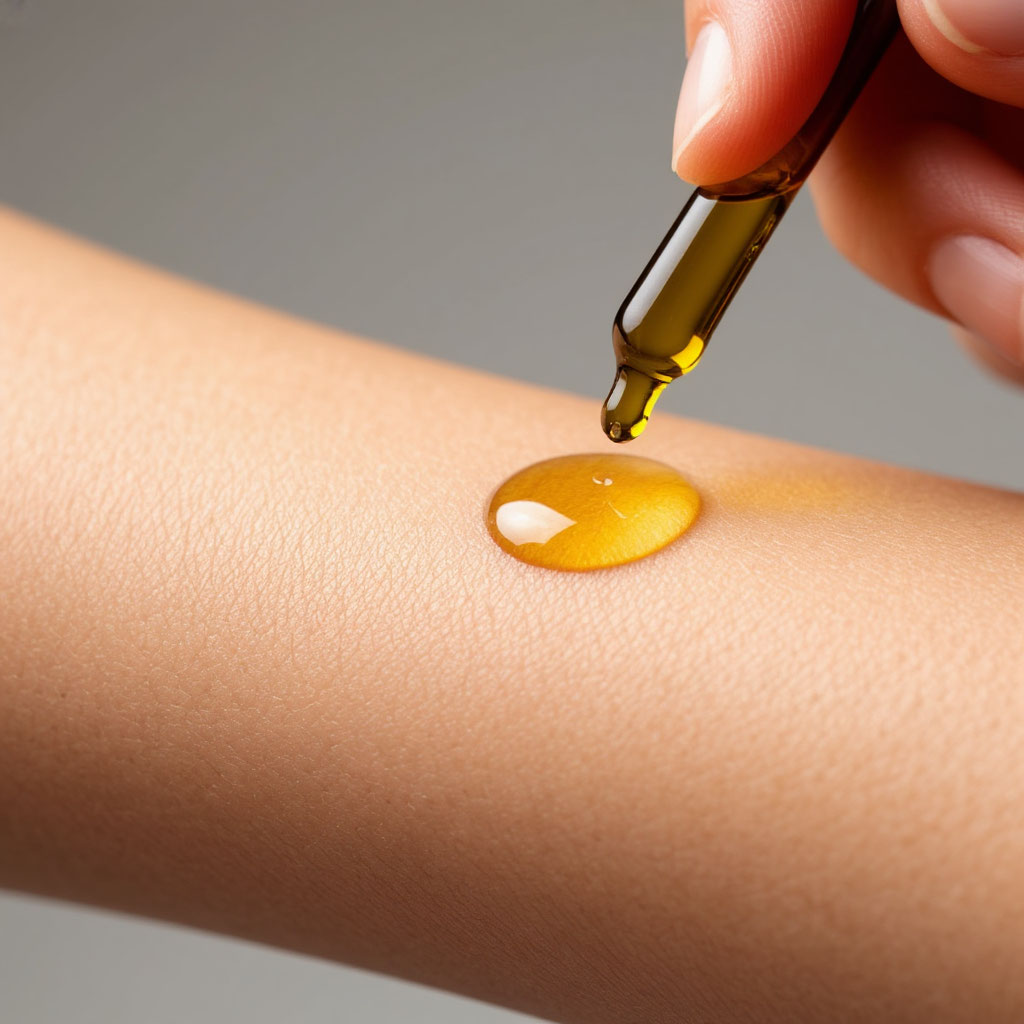
Special cases and restrictions
Pregnant women should be wary of natural oils with high biological activity. In the first trimester, it is better to exclude:
- rosemary;
- mint;
- basil.
Camphor and menthol scents are not recommended for children under three years of age, and the elderly should avoid intense spicy compositions.
Photosensitive properties
Some essential oils increase the skin’s sensitivity to UV light. Citrus extracts, especially bergamot and lemon, can cause pigmentation when applied before exposure to the sun. Such formulations are used in the evening or applied to closed areas of the body.
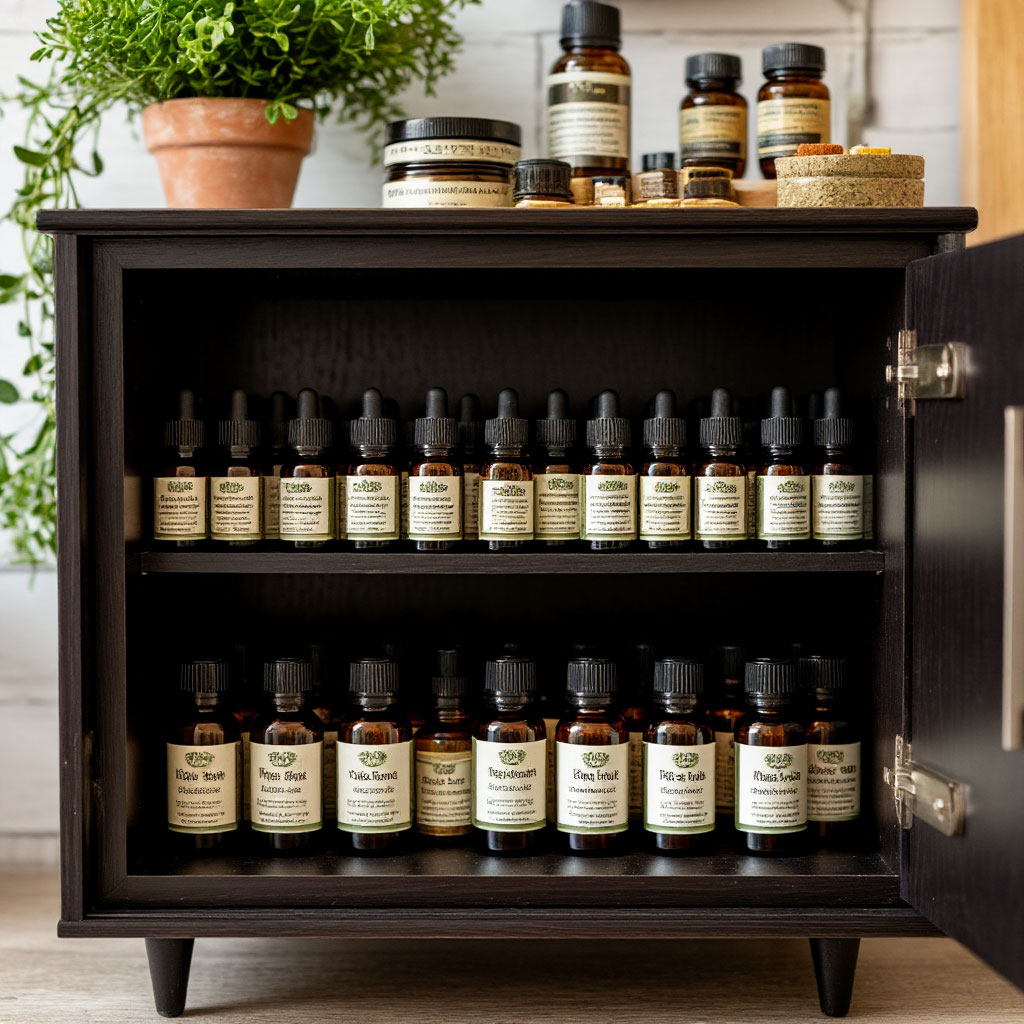
Storage and expiration date
To preserve the benefits of oils, they are kept in dark glass bottles at a temperature of 15-25 degrees. The shelf life of citrus aromas does not exceed one year, while woody and floral compositions retain their properties for 3-5 years. A rancid smell indicates that the product needs to be replaced.
Where to buy quality oils
Finding a real aromatherapy oil is a very demanding task. The market is filled with fakes and synthetic analogues that will not bring the desired benefits of oils. Knowledge of proven sales locations and selection criteria helps you understand the variety of offers.
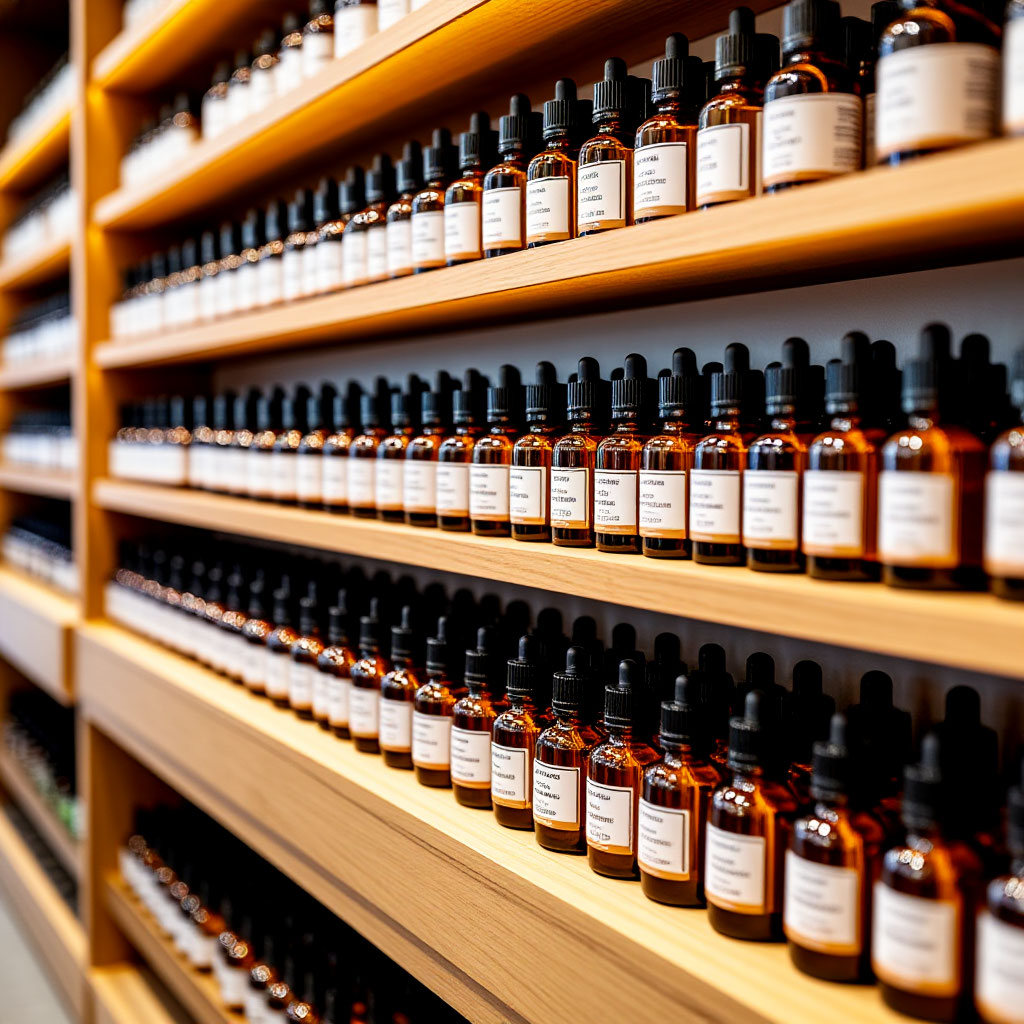
Specialty Aromatherapy Stores
Specialized boutiques and online platforms dedicated to aromatherapy at home offer the most reliable assortment. Such sellers cooperate directly with manufacturers to ensure the authenticity of their products. Many provide quality certificates and detailed descriptions of the origin of raw materials.
Pharmacy chains and health shops
Large pharmacies have long included essential oils in their range. The pharmaceutical license guarantees compliance with storage standards. Natural cosmetics departments often feature organic lines that are suitable for sensitive skin.
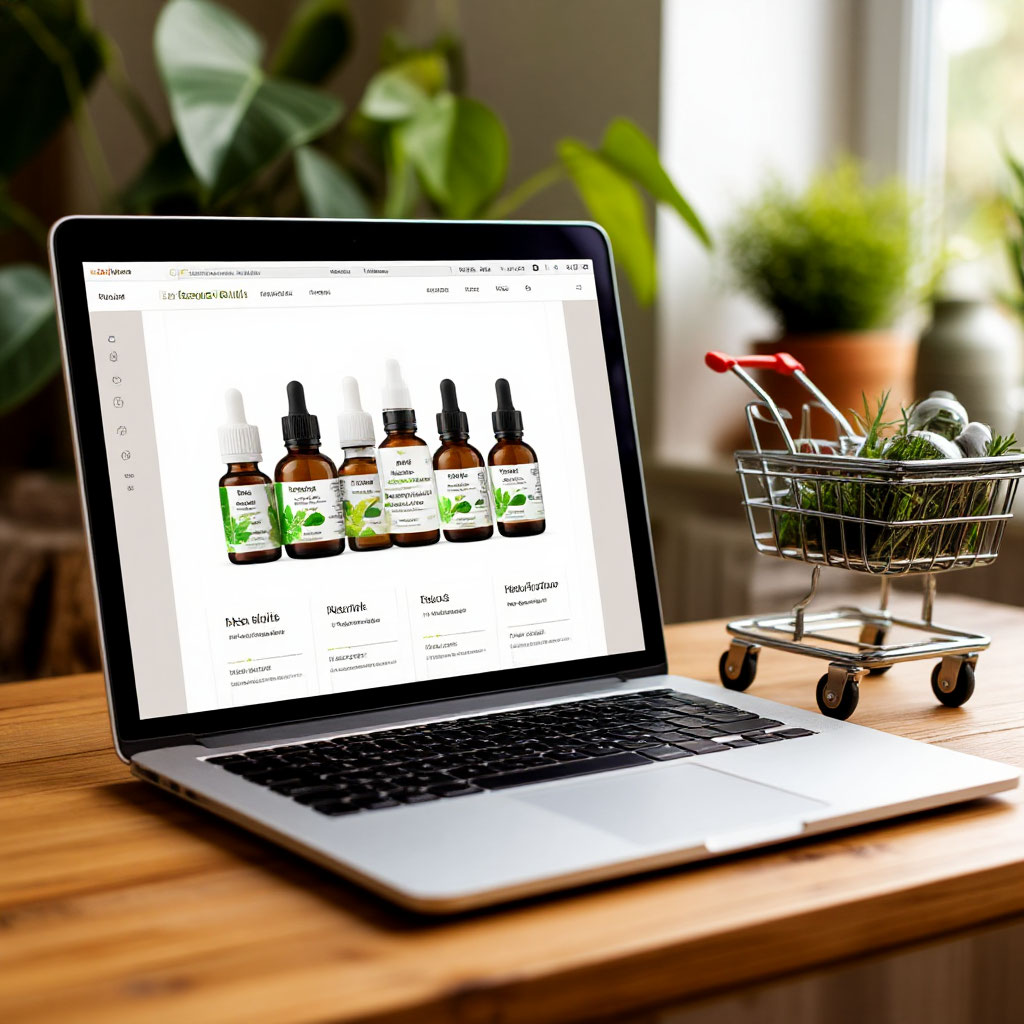
Direct orders from manufacturers
Some essential oil farms sell their products without intermediaries. Buying natural oils directly from the manufacturer gives you confidence in freshness and authenticity. Small-scale farming is especially appreciated for its unique local plant varieties.
How to detect a fake image
Real aromatherapy oil is never sold in plastic containers – only in dark glass with a tight lid. The label contains:
- full botanical name of the plant;
- expiration date;
- data about the manufacturer.
The price can not be suspiciously low – to get a liter of rose oil requires about five tons of petals.
Quality control before purchase
A drop of high-quality essential oil completely evaporates from the paper, leaving no greasy residue. The fragrance develops gradually, revealing different notes. Synthetic fragrances give themselves away as a flat monotonous perfume composition. Many stores offer testers for preliminary review.
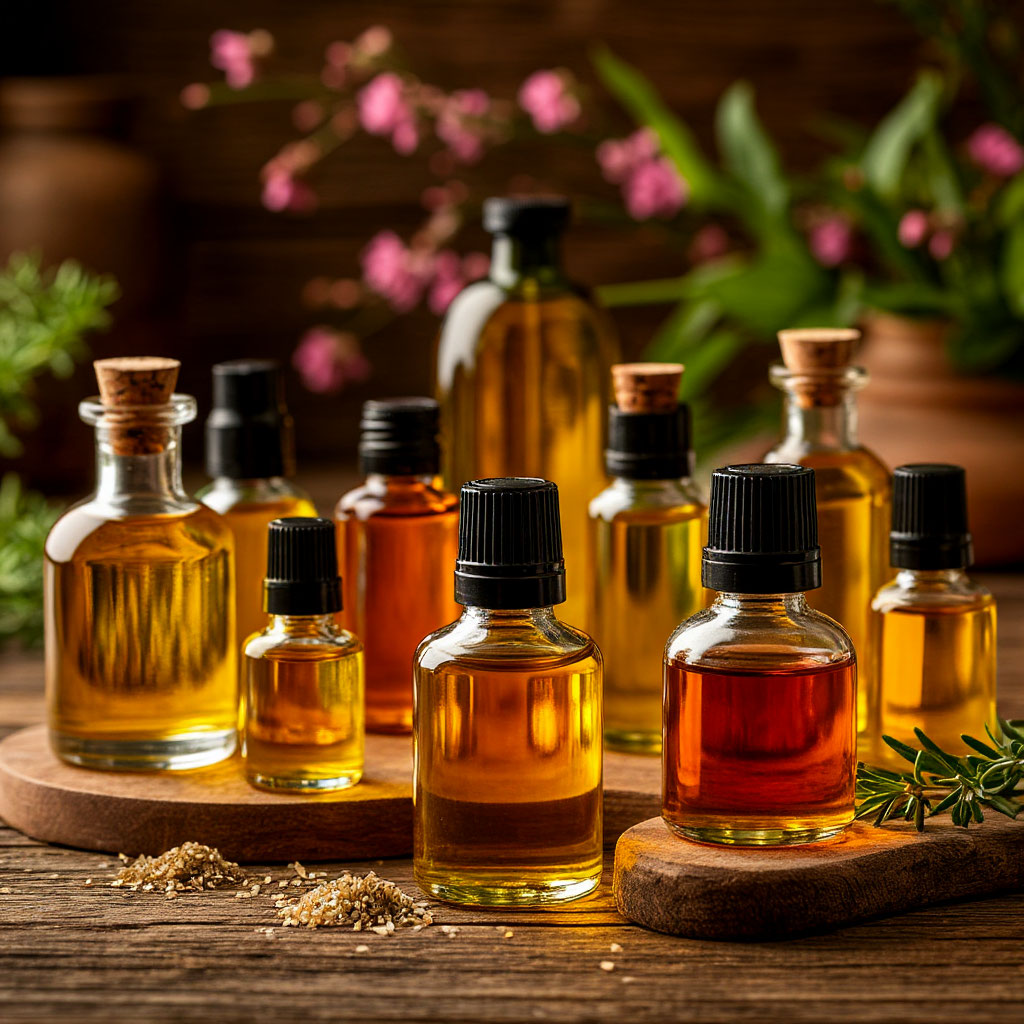
Popular verified brands
Among the producers of aromatherapy at home, companies that follow traditional distillation technologies have been leading for years. French, English and German brands have proven themselves to be strictly controlled at all stages. Domestic laboratories also produce decent products, especially coniferous and floral varieties.
Choosing an aromatherapy oil is the first step to creating a home oasis of harmony and comfort. Properly selected essential oils can transform the atmosphere, give you a boost of energy or, conversely, help you relax after a busy day. Having mastered the basic principles of aromatherapy at home, you can easily integrate natural scents into everyday life, getting from them not only pleasure, but also the real benefits of oils for health and emotional state.
Start with one goal (relax, focus, sleep), pick 2–3 notes, and dilute properly.
Download the brochure (PDF): Beauty Club — Aromatherapy Oils


